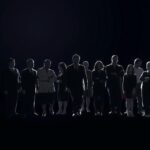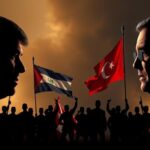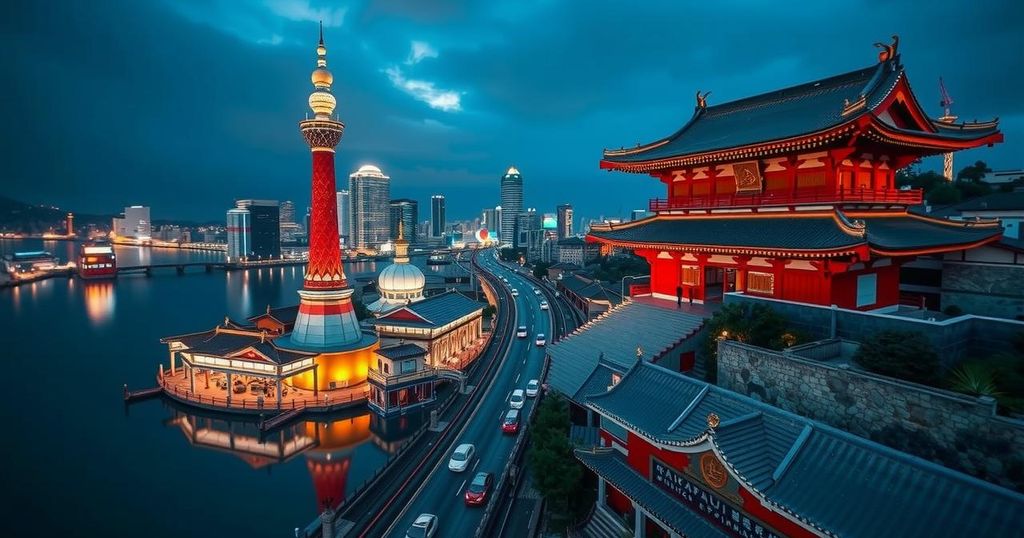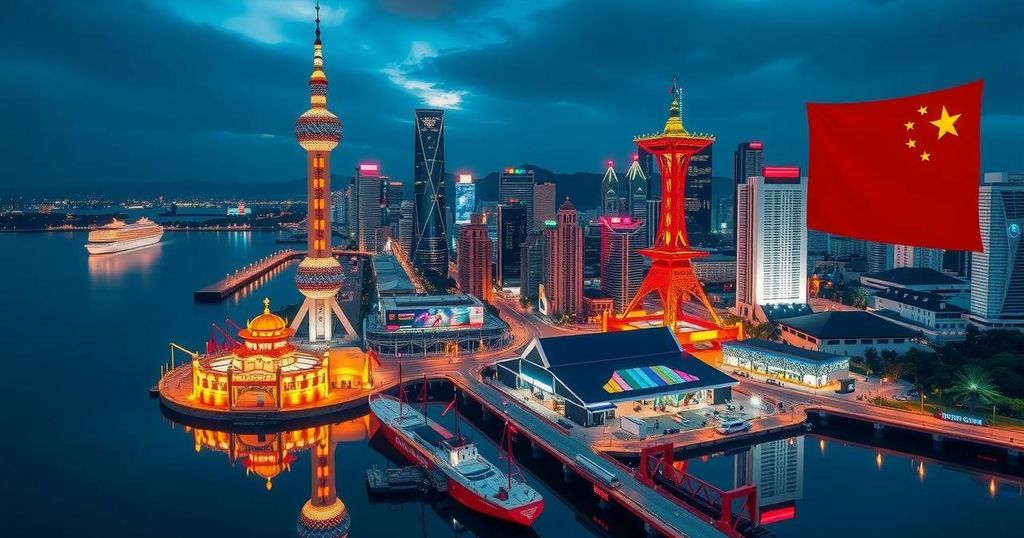Bolivia: Protest March by Evo Morales’ Supporters Highlights Party Disintegration
Evo Morales has initiated a protest march against President Luis Arce, illustrating a profound rift within the Movimiento al Socialismo party. The split stems from their competition for the 2025 presidential candidacy after Morales’ controversial 2019 exit from power. Arce’s government faces significant economic challenges, which have eroded his popularity, complicating the political landscape as both leaders confront each other amidst rising tensions and societal discontent.
The political landscape in Bolivia has become increasingly tumultuous as former President Evo Morales embarks on a protest march against his erstwhile ally, current President Luis Arce. This unforeseen turn of events has resulted in a significant split within the Movimiento al Socialismo (Mas) party, which has long been a powerful force within the region’s left-wing politics. Morales’s supporters initiated a 190 kilometer march from Caracollo to La Paz, encountering violent opposition from counterprotesters, leading to numerous injuries. The discord within Mas can be traced back to the controversial 2019 elections, during which Morales attempted to secure a third consecutive term, ultimately leading to allegations of electoral fraud and his subsequent resignation. After Morales’ resignation, Arce was nominated as the presidential candidate for the 2020 elections, resulting in a successful return to power for Mas. However, tensions resurfaced as both Morales and Arce expressed their ambitions to lead the party into the 2025 presidential election. President Arce, who has attempted to distance himself from Morales, accused the former president of endangering the progress made under his leadership for personal gain. Current political turmoil further complicates Morales’ attempts to reclaim influence, as he has encountered growing rejection from diverse sectors of society, particularly due to perceptions of his desire to retain power. Arce’s government faces economic challenges, including a scarcity of US dollars and rising inflation, which have led to decreased popularity and increasing dissatisfaction among the populace. The economic difficulties are further exacerbated by a stalled legislative process concerning loans necessary for mitigating the situation. As the dissension between Morales and Arce intensifies, the political future of Bolivia remains uncertain. They both hold significant yet contrasting visions for the country’s leadership, prompting speculation on who may ultimately prevail in this power struggle.
The political scene in Bolivia has been marked by a deep-seated rivalry between former President Evo Morales and current President Luis Arce, both key figures in the Movimiento al Socialismo (Mas) party. Morales, who led the country for nearly 14 years, witnessed his political downfall following allegations of fraud during the 2019 elections which led to his resignation. In the 2020 elections, Arce, supporting a platform of continuity, succeeded in regaining power for Mas. However, the subsequent rivalry over the party’s future direction and 2025 presidential candidacy has resulted in a bitter contest between the two leaders, reflecting broader divisions within the Bolivian left.
In summary, the ongoing protest march led by Evo Morales signifies an escalating conflict within the Movimiento al Socialismo party and a potential pivot point in Bolivia’s political future. The rivalry with President Luis Arce highlights competing ambitions for leadership, underpinned by economic challenges that threaten the stability of Bolivia. The upcoming years are likely to dictate the trajectory of the country as both leaders vie for dominance amidst a backdrop of social unrest and political fragmentation.
Original Source: www.theguardian.com







Post Comment